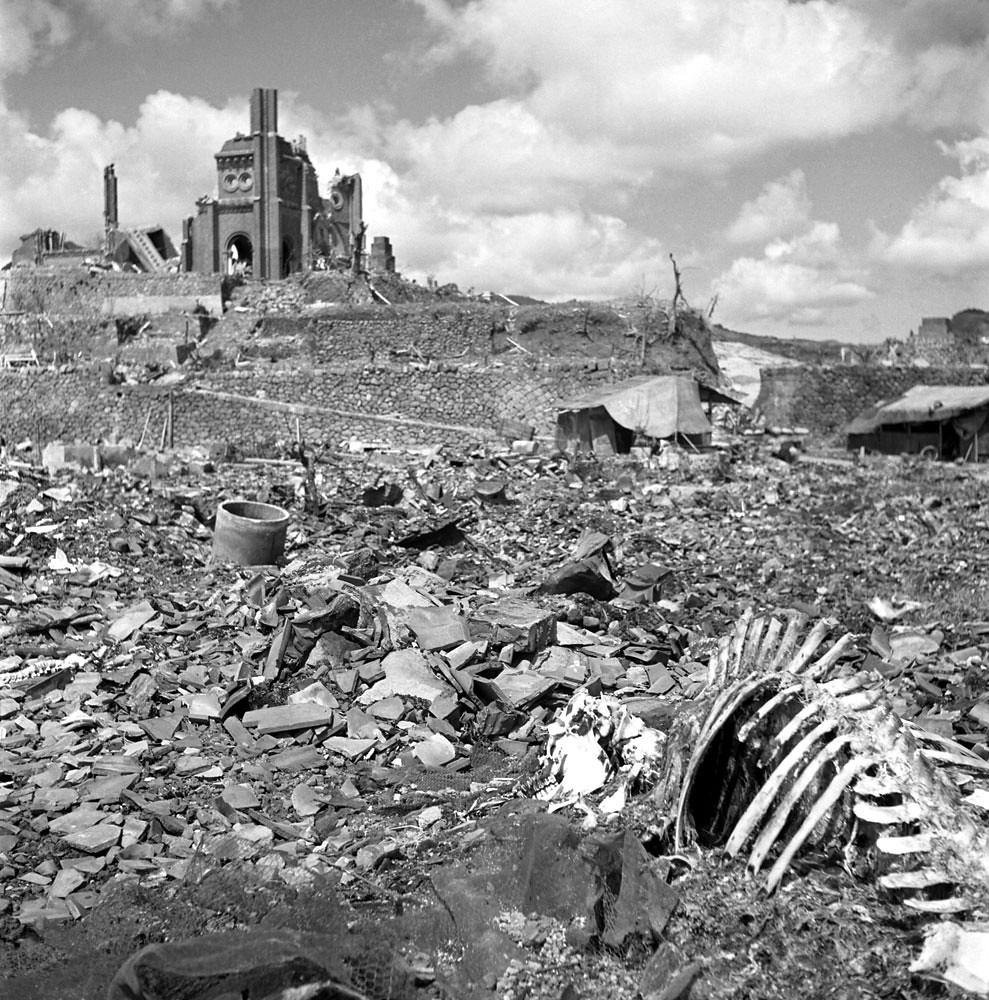
Editor’s note: This article was originally published by Common Dreams and is reposted here under Creative Commons license CC BY-NC-ND 3.0. The original article can be found at https://www.commondreams.org/news/2022/08/15/full-scale-nuclear-war-between-us-and-russia-could-cause-5-billion-starve-death.
A study published Aug. 15 in the journal Nature Food projects that a full-scale nuclear conflict between the United States and Russia would spark a catastrophic global famine, with potentially as many as five billion people dying of starvation in the years immediately after the war’s conclusion.
Led by climate scientists at Rutgers University, the study examines six nuclear war scenarios: a conflagration involving the U.S., its allies, and Russia and five smaller-scale nuclear conflicts between India and Pakistan.
While a nuclear war between the U.S. and Russia—the owners of roughly 90% of the global supply of atomic warheads—would have the most devastating consequences from a hunger standpoint, a localized India-Pakistan war would also reverberate worldwide, resulting in a 7% decline in global average caloric production and possibly two billion deaths from lack of food.
A direct U.S.-Russia conflict, the risk of which is believed to be higher today than at any point since the Cold War, would slash global average caloric production by 90% around four years after the nuclear exchange, the new study estimates.
“The data tell us one thing: We must prevent a nuclear war from ever happening,” said Alan Robock, distinguished professor of climate science in the Department of Environmental Sciences at Rutgers and a co-author of the new study.
To reach their conclusions, the researchers attempted to calculate the amount of sun-blocking atmospheric soot that a nuclear war could cause, potentially resulting in crop failures on a horrifying scale.
“A large percent of the people will be starving,” Lili Xia, the study’s lead author, told Nature. “It’s really bad.”
“In a nuclear war, bombs targeted on cities and industrial areas would start firestorms, injecting large amounts of soot into the upper atmosphere, which would spread globally and rapidly cool the planet,” the study notes. “Such soot loadings would cause decadal disruptions in Earth’s climate, which would impact food production systems on land and in the oceans.”
“Nuclear war would primarily contaminate soil and water close to where nuclear weapons were used,” the researchers continue. “Soot disperses globally once it reaches the upper atmosphere; thus, our results are globally relevant regardless of the warring nations.”
“In conclusion,” they add, “the reduced light, global cooling, and likely trade restrictions after nuclear wars would be a global catastrophe for food security.”
Jake Johnson is a senior editor and staff writer for Common Dreams.
@johnsonjakep •jake@commondreams.org
